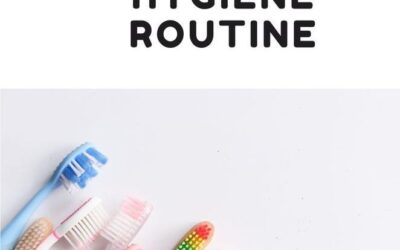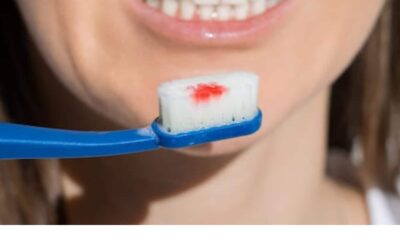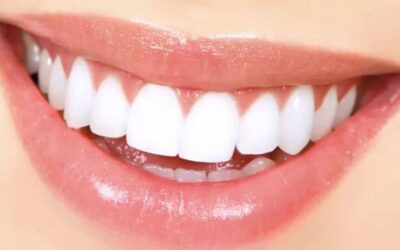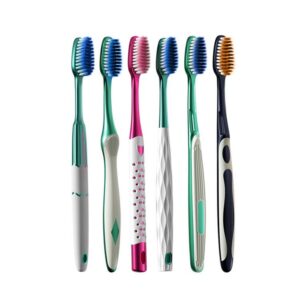Maintaining exact oral hygiene goes past simply brushing your enamel; it additionally entails ensuring that your toothbrush stays clean and free from harmful micro organism. In this comprehensive guide, we’re going to delve into powerful ways, how to to disinfect your toothbrush, promoting not best oral fitness but standard well-being. Follow these steps to maintain your toothbrush in top-notch situation and beautify your every day dental care habitual.
Why Disinfect Your Toothbrush is Crucial:
Before we delve into the strategies of disinfection, permit’s understand why it’s far important. Our mouths host a mess of bacteria, viruses, and different microorganisms which can switch onto our toothbrushes for the duration of use. Without right disinfection, those pathogens can also thrive and multiply, posing ability health dangers. Regularly cleansing your toothbrush allows prevent the spread of dangerous microorganisms and ensures that your oral care recurring stays powerful.
Methods to Disinfect Your Toothbrush:
1. Rinse Thoroughly After Each Use: The handiest way to keep a smooth toothbrush is to thoroughly rinse it underneath strolling water after each use. This helps put off leftover toothpaste, debris, and saliva, preventing the buildup of micro organism.
2. Soak in Antiseptic Mouthwash: Submerge your toothbrush head in an antiseptic mouthwash for approximately 15 minutes. Mouthwashes containing components like chlorhexidine or cetylpyridinium chloride have antimicrobial properties that could help take away bacteria to your toothbrush.
3. Hydrogen Peroxide Soak: Create an answer of equal components of water and hydrogen peroxide. Let your toothbrush soak in this combination for about 10 mins. Hydrogen peroxide is effective in killing micro organism and viruses.
4. Vinegar Soak: Vinegar is thought for its disinfectant residences. Mix identical parts white vinegar and water and soak your toothbrush for at least 30 minutes. Rinse very well later on to dispose of any residual taste.
5. Boil in Water: Boiling water is a conventional method for sterilization. Bring a pot of water to a boil and immerse your toothbrush in it for a couple of minutes. Be cautious not to go away the toothbrush in boiling water for too lengthy, as it may harm the bristles.
6. UV Toothbrush Sanitizers: Investing in a UV toothbrush sanitizer is a convenient and effective way to disinfect your toothbrush. These gadgets use ultraviolet mild to kill bacteria and germs to your toothbrush. Follow the manufacturer’s instructions for gold standard consequences.
7. Replace Your Toothbrush Regularly: While not a disinfection method in step with se, often changing your toothbrush is important. The American Dental Association (ADA) recommends converting your toothbrush each three to four months or sooner if the bristles are frayed. A clean toothbrush guarantees effective cleaning and decreases the hazard of bacterial buildup.
FAQs
Why is it important to disinfect my toothbrush regularly?
Disinfecting your toothbrush is important to eliminate bacteria, viruses, and other microorganisms that can accumulate in the bristles. Failure to disinfect can cause harmful bacteria to return to your mouth during brushing, compromising your oral health.
How regularly should I disinfect my toothbrush?
It’s endorsed to disinfect your toothbrush at least once per week, or greater frequently in case you’ve been ill or if your toothbrush has come into touch with surfaces that can harbor germs. Regular disinfection guarantees a smooth and powerful tool for keeping oral hygiene.
Is boiling water a safe method to disinfect my toothbrush?
Yes, boiling water is a conventional and secure method for toothbrush disinfection. Bring a pot of water to a boil and immerse your toothbrush for a few minutes. However, avoid leaving the toothbrush in boiling water for an extended duration, as it is able to damage the bristles.
Wrapping It Up
It’s okay to feel down, but when it becomes routine or when you find it challenging to brush your teeth or get out of bed, it’s best to talk to a healthcare professional. Let your dentist know about it and the experts will guide you better!
Related Blogs
9 Signs of Good Oral Hygiene
As the old saying goes, good dental health is necessary for your overall well-being and health. It serves as an entry point to your respiratory and digestive tracts, which means even minor problems such as dental cavities can cause pneumonia to chronic conditions like...
How Can You Treat Your Dental Problems?
Oral and dental health are critical components of general health and well-being. Poor dental hygiene may lead to heart disease, cancer, and diabetes, as well as tooth cavities and other dental problems. Keeping your teeth and gums healthy involves a continuous...
What Can Adults Do To Maintain Good Oral Health?
To maintain healthy teeth and gums, it is imperative to practice good oral hygiene. We mean more than cavities and gum disease in talking about oral health. Many studies have shown an association between dental health and health. Starting from childhood, maintaining...






